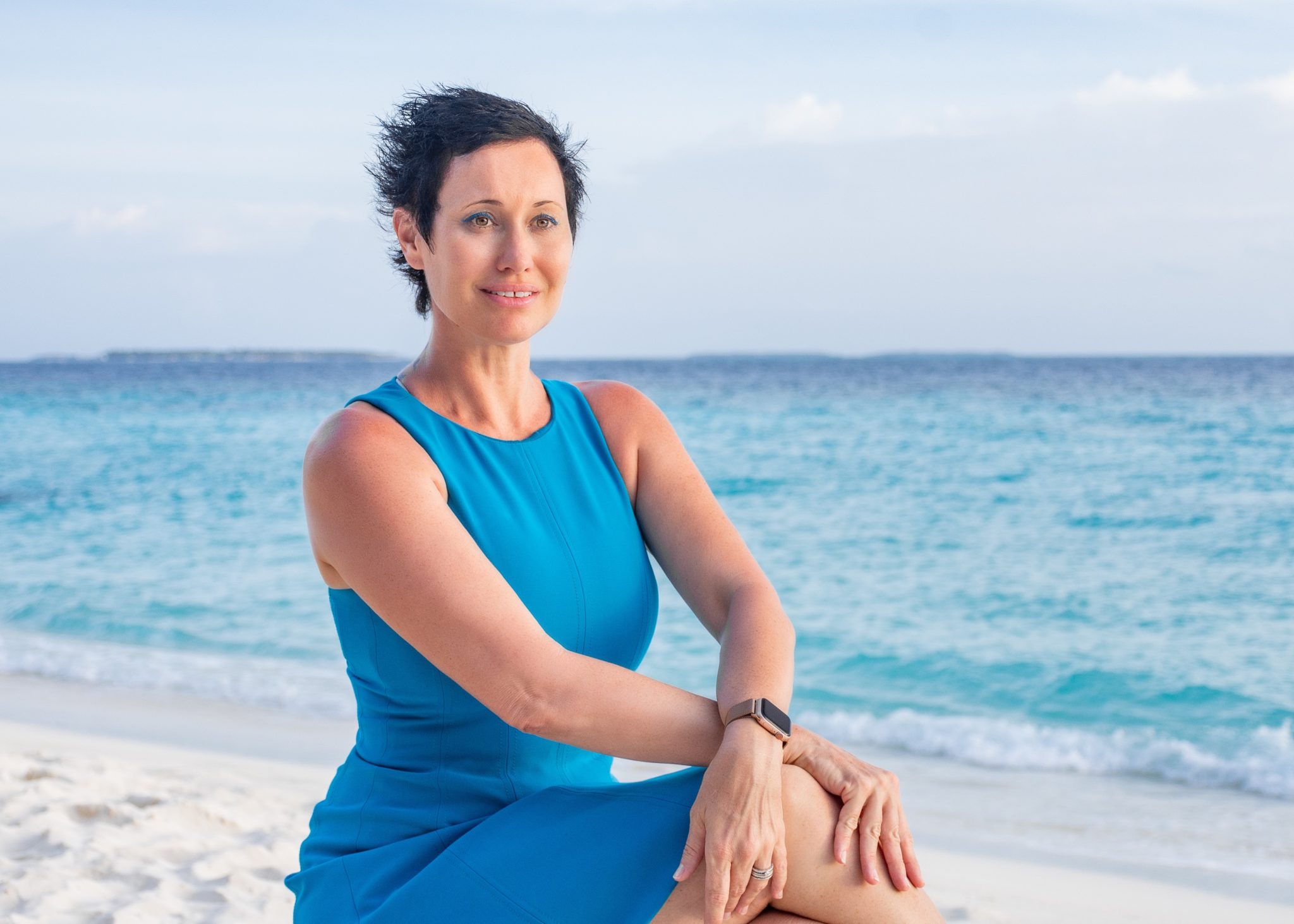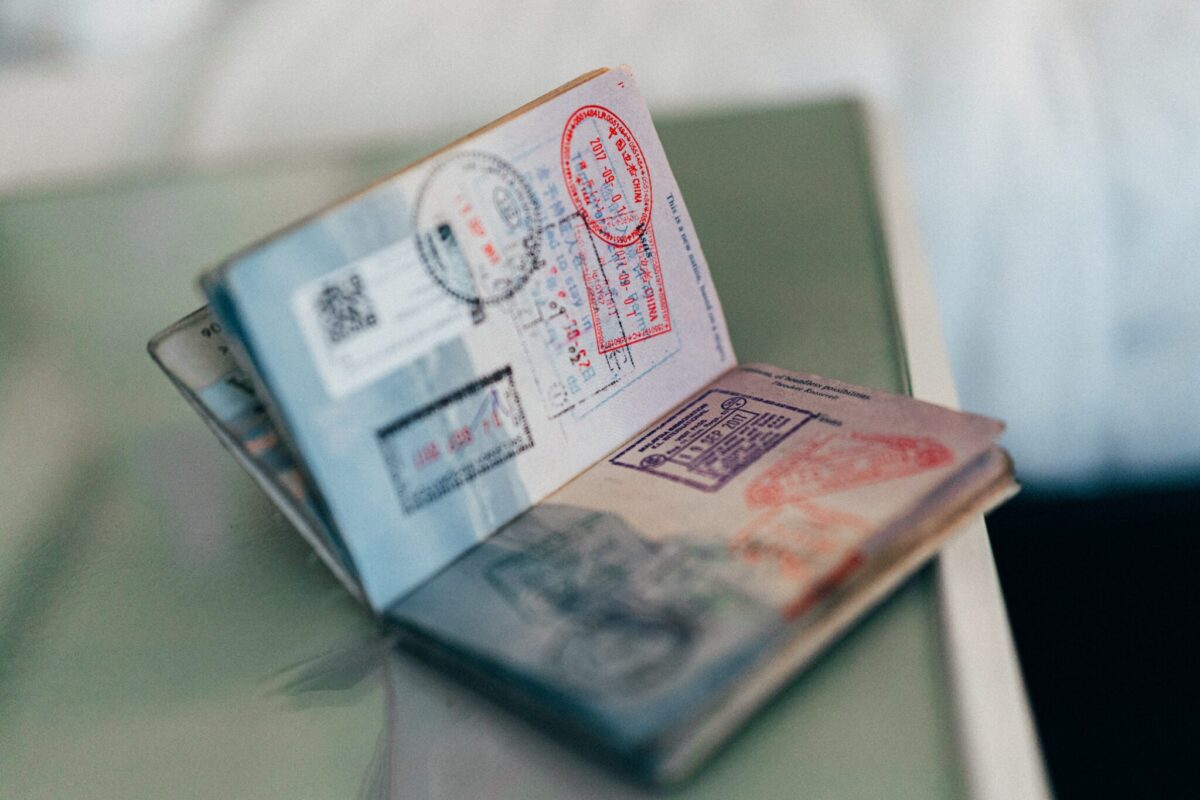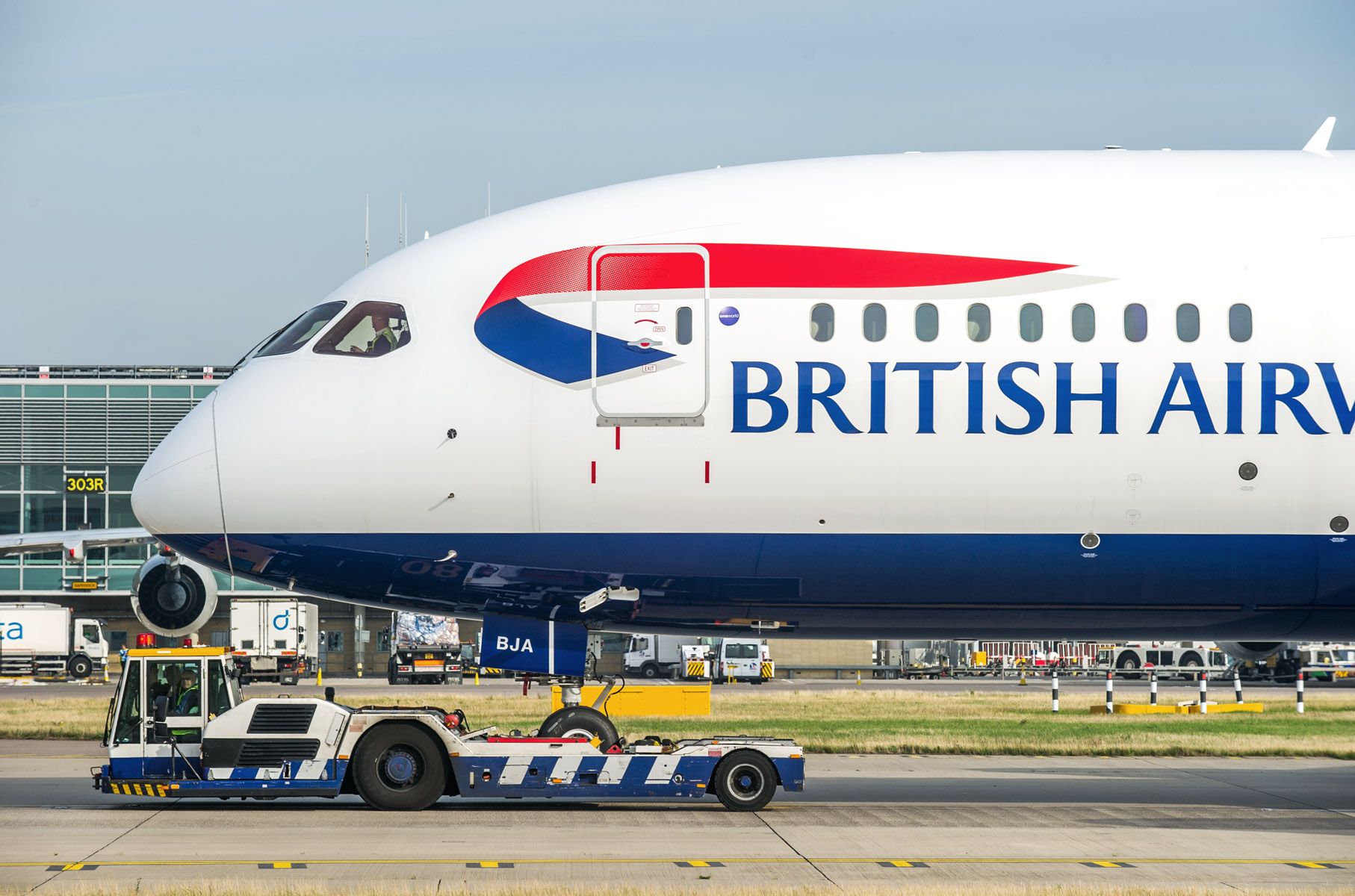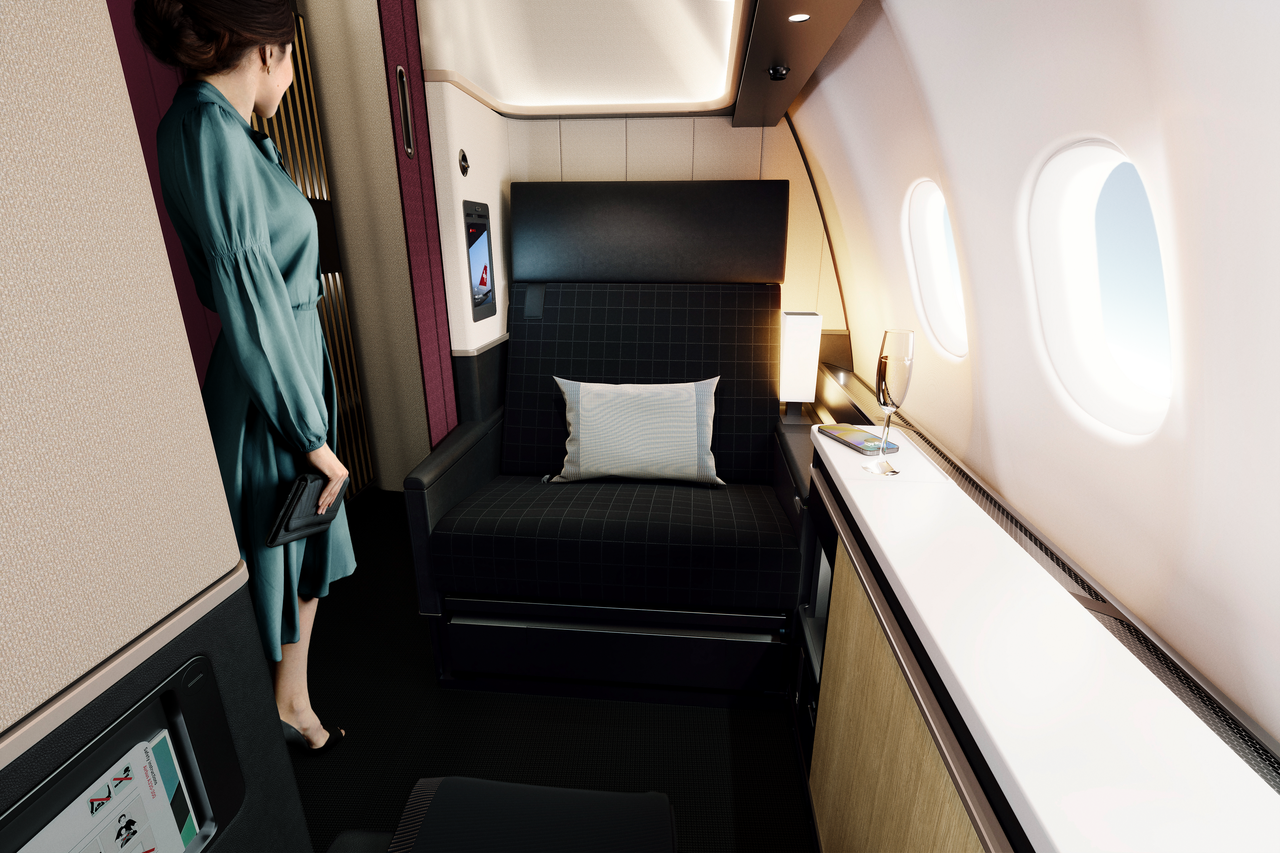The Wellness Director Making the Maldives Accessible for Travelers With Disabilities

Skift Take
Hospitality veteran Victoria Kruse will never forget the moment a special guest was able to experience an environment that he didn’t think was possible.
“We worked at one resort where a guest came in who was a paraplegic and my husband was very instrumental in helping him not to struggle,” said Kruse, a native of New Zealand. “The fact that this guest, who was an ex-dive instructor, was able to adventure outdoors again, to have this sense of wonder, was really just so inspiring to see.”
That guest remains the most memorable during her two decade career, and it served as an inspiration for a full-fledged commitment to accessibility at Amilla Maldives Resort and Residences, where she works as the sustainability and wellness director with her husband, general manager Jason Kruse.
The resort has teamed up with UK-based Inclucare, a team of travel, technology and education experts that specialize in luxury hospitality training for guests with disabilities. The partnership launched kicked off last fall and its certification was officially announced on July 26, Maldivian Independence Day.
The significance of that date was not lost on Kruse, who says nurturing has always been a part of her identity. In addition to revamping Amilla’s culinary program to serve guests with dietary restrictions such as those with gluten free diets, she’s volunteered to run a music festival that serves a fundraiser for schoolchildren.
“Giving travelers with disabilities additional freedom to experience paradise in the sand was a moment that was not only proud, but also inspiring for (me) and the staff,” she said. “We’re the first resort to do it, and everybody knows somebody who has struggled with a disability.”
Kruse says she’s always been a champion for those with accessibility challenges, having grown up with family members with neurological issues. When a routine operation left her father paraplegic, she said that inspired her to work with those with disabilities.
Her father having to spend the rest of his life in a wheelchair made dream destinations like the Maldives out of reach for him. Kruse believes the archipelago’s tourism infrastructure difficulties, including beach destinations not having wheelchairs equipped for the sand, have made travel challenging for visitors with disabilities. One of the reasons the 67-key property partnered with Inclucare specifically is because the two entities believe they can better serve customers with more than mobility challenges. For example, only 8 percent of travelers with disabilities in the United States and United Kingdom are wheelchair-bound.
“The first and most important thing is for the team and the people who are dealing with guests to understand the specifics of disabilities, and the way to react to different situations,” said Kruse.
“We’ve had guests here before with (autistic children) and we kind of learn from them, and this is one of the most welcoming destinations in the world. But it’s good to put structure and guidance around it.”
Each employee with a guest-facing role at Amilla has spent time in a classroom, with an Inclucare instructor leading the group virtually. The initiative itself is a lesson in the awareness of individual needs.
“Everyone has different levels of education and language comprehension,” Kruse said, adding that she believes that individual perspectives of what classifies as disabilities differ. “We find that by doing online (lessons) in a classroom format, people will always help each other.”
Amilla had largely focused on physical infrastructure in the past, with the resort providing guests beach wheelchairs and floating wheelchairs for swimming. But Amilia is adding alert systems to better assist deaf guests and has plans for dedicated calming spaces, which are designed to reduce anxiety for guests with autism, learning difficulties or dementia.
Kruse sees guests are already benefiting from those enhancements, which will continue to expand due to the resort’s partnership with Inclucare. But at its heart, the arrangement is all about having an open heart and open eyes.
“And so the first thing we did is we went around and said, we need to add a ramp here and hand grab rails. But then you start to go through this Inclucare audit, and then you’re seeing it from another person’s view instead of a fully able view,” Kruse said.
“That takes you to the next level of understanding and recognition.”
Skift’s in-depth reporting on climate issues is made possible through the financial support of Intrepid Travel. This backing allows Skift to bring you high-quality journalism on one of the most important topics facing our planet today. Intrepid is not involved in any decisions made by Skift’s editorial team.




